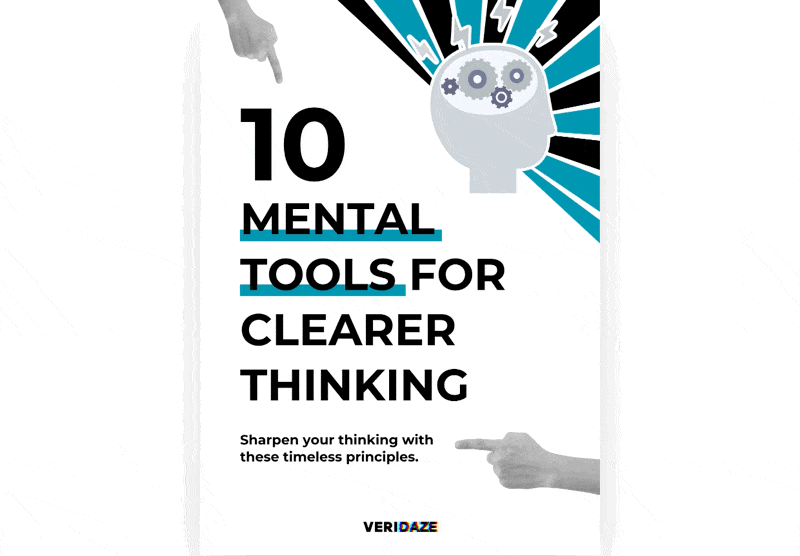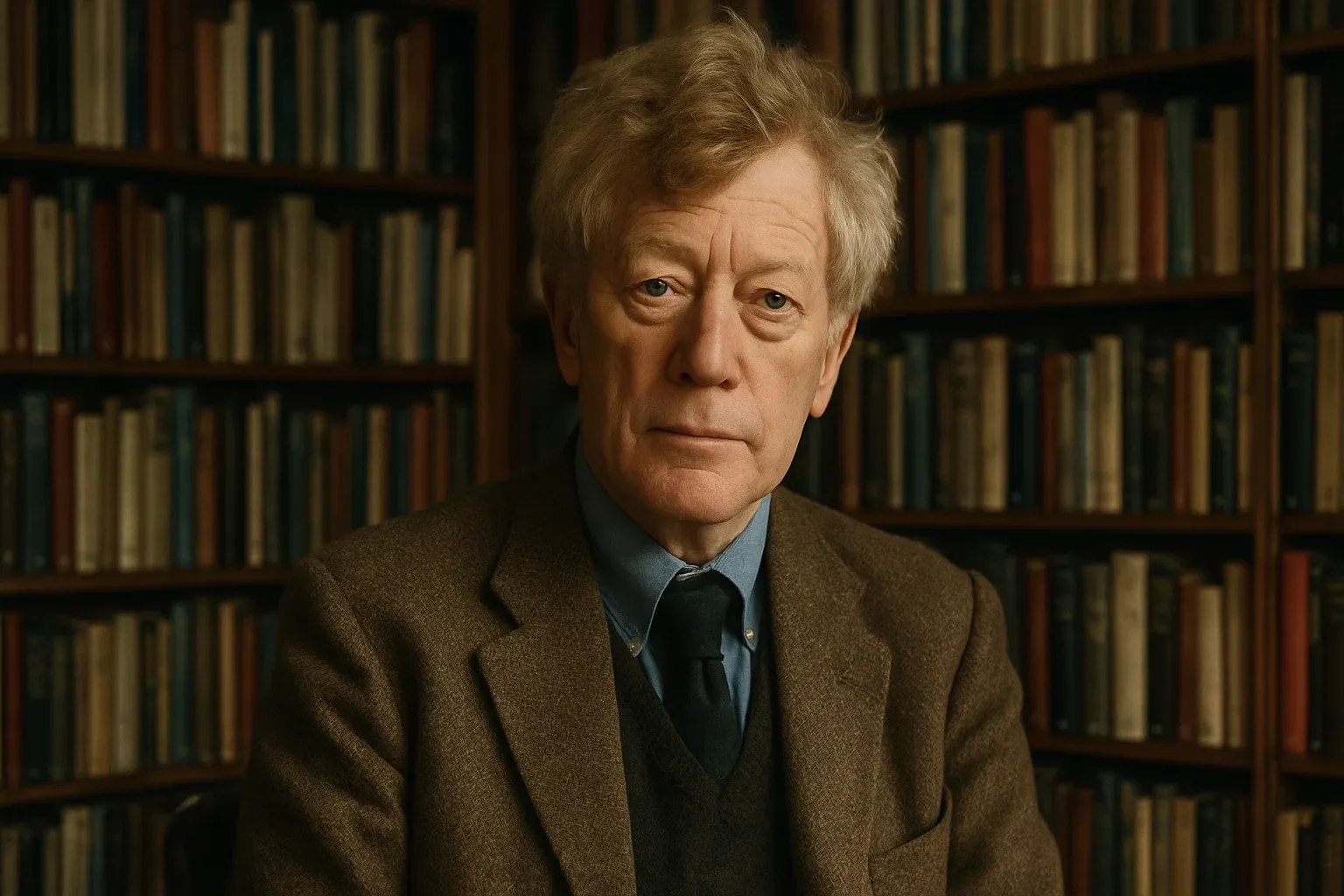There’s a strange irony in watching professors panic about ChatGPT. The real scandal isn’t that students are cheating. It’s that no one seems to notice they’ve stopped learning.
Cheating presumes there’s a correct process being subverted—a shared understanding of what learning should look like. But what if the process itself was always hollow? What if the problem isn’t that students are bypassing the system, but that the system is designed in a way that makes bypassing it indistinguishable from success?
ChatGPT didn’t destroy higher education. It revealed just how much of it had already become a ritual of paperwork. Assignments are completed, boxes are ticked, metrics are met—but at the end of it, has anything meaningful actually taken place? If a student can generate a passable essay in sixty seconds with a prompt and a chatbot, perhaps the scandal isn’t that they can cheat, but that it doesn’t matter.
Education, at its best, is supposed to be transformative. It's meant to change not just what we know, but how we think—how we reason, interpret, question, and imagine. But this is slow, difficult work. It can’t be rushed. It can’t be faked. And it certainly can’t be fully captured by outputs that can be gamed with the right tools. What AI exposes is that much of what we called 'learning' had already been reduced to signal processing—producing the right shape of answer in the right format at the right time.
Think better. Get the FREE guide.
Join Veridaze and get 10 Mental Tools for Clearer Thinking — a free guide to cutting through noise, confusion, and nonsense.
For years, universities have sold a dream of intellectual growth while often delivering bureaucratised credentialism. The lecture becomes a slideshow. The seminar becomes a box to tick. The essay becomes a performance. And now, the performance can be outsourced. AI is not cheating the system. It is cooperating with it—too efficiently. It is doing what the system rewards, only faster and with fewer illusions about depth.
The humanities are hit hardest. Philosophy, literature, history—once the bedrock of a reflective education—are increasingly treated like antiquated hobbies. Basket-weaving with footnotes. In a world obsessed with utility, their value is hard to quantify. So students play the game. They outsource the boring parts, skip the unreadable texts, and let the machine stitch together plausible reflections on ideas they’ve never actually engaged with. It works. That’s the problem.
Some argue this is a failure of ethics. But what if it’s a failure of structure? Of design? If the goal is a degree, not understanding, then ChatGPT is the perfect tool. It optimises for results. So do the students. And the institutions, frankly. The metrics don’t track insight. They track throughput. Completion. Satisfaction. Employability. We trained the system to care more about the certificate than the substance. The result is predictable.
And yet, the deeper crisis is not institutional but philosophical. We used to think of education as a moral good. A way of cultivating judgment, humility, and discernment. But somewhere along the way, it became a transaction. The classroom turned into a marketplace. The student became a consumer. And now the consumer has found a cheaper supplier.
Tools like ChatGPT are not inherently corrosive. They are mirrors. They reflect the priorities of the culture that adopts them. If students use AI to write essays, it’s worth asking: what did we teach them to value? What kind of learning were we modelling? Were we cultivating inquiry, or compliance? Curiosity, or conformity?
It’s not hard to see where this goes. We will soon have generations of graduates who can navigate systems, mimic competence, and automate credibility—but who struggle with unstructured thought. Who can speak fluently in citations and jargon, but are uneasy with ambiguity. Who expect knowledge to be frictionless, and forget that thinking is supposed to be hard.
The panic over AI is not a technological crisis. It is an epistemological one. A slow and quiet unravelling of meaning. The kind of crisis that doesn’t scream until it’s too late. And when it does, we’ll realise the machines didn’t kill learning.
We did. ChatGPT just showed us the corpse.
Further reading
Excellent Sheep by William Deresiewicz
A damning look at how elite education produces conformists rather than thinkers — and why intellectual courage is quietly disappearing from campus.
The Coddling of the American Mind by Greg Lukianoff & Jonathan Haidt
An essential read on how emotional safety culture and institutional fragility have undermined resilience, curiosity, and honest discourse.
The Shallows: What the Internet Is Doing to Our Brains by Nicholas Carr
A sobering account of how digital tools rewire our cognition — trading depth and reflection for speed and distraction.
Weapons of Math Destruction by Cathy O’Neil
How algorithmic systems reward superficial metrics, amplify injustice, and erode the idea of merit — especially in education.
Shop Class as Soulcraft by Matthew B. Crawford
A philosophical defence of manual competence and the slow, embodied forms of knowing that academia now treats as obsolete.
If you found this useful, consider subscribing for more thought-provoking articles. And feel free to share your take in the comments below.
You might also like:
















